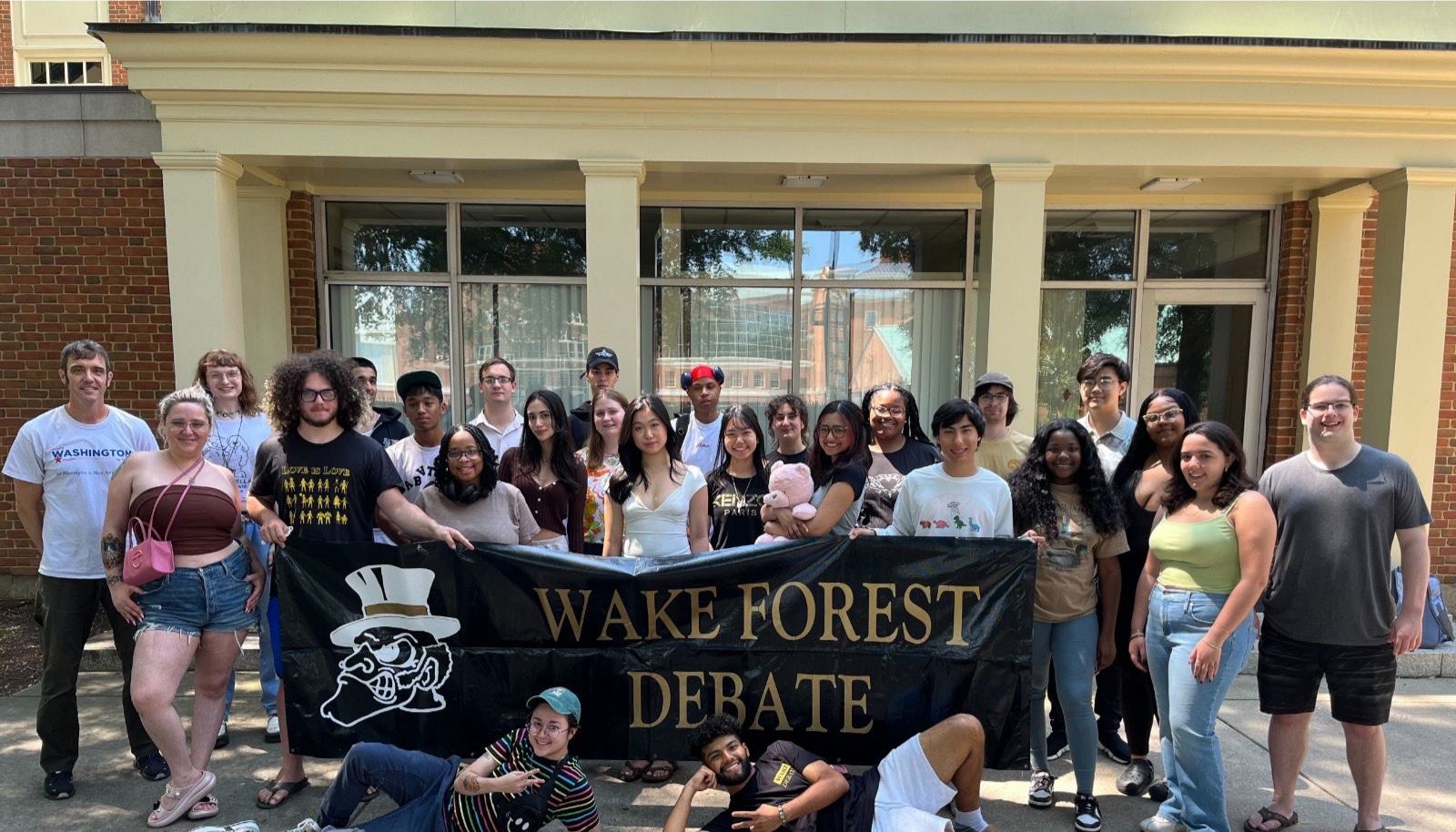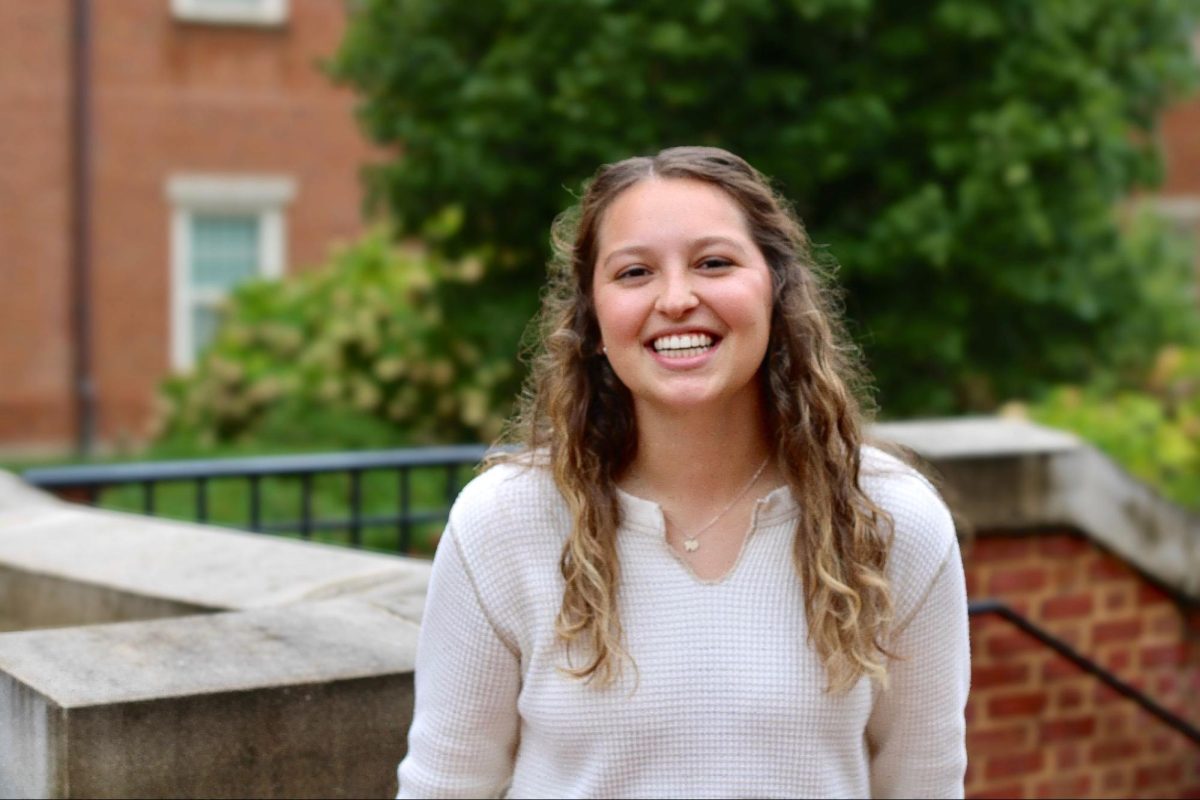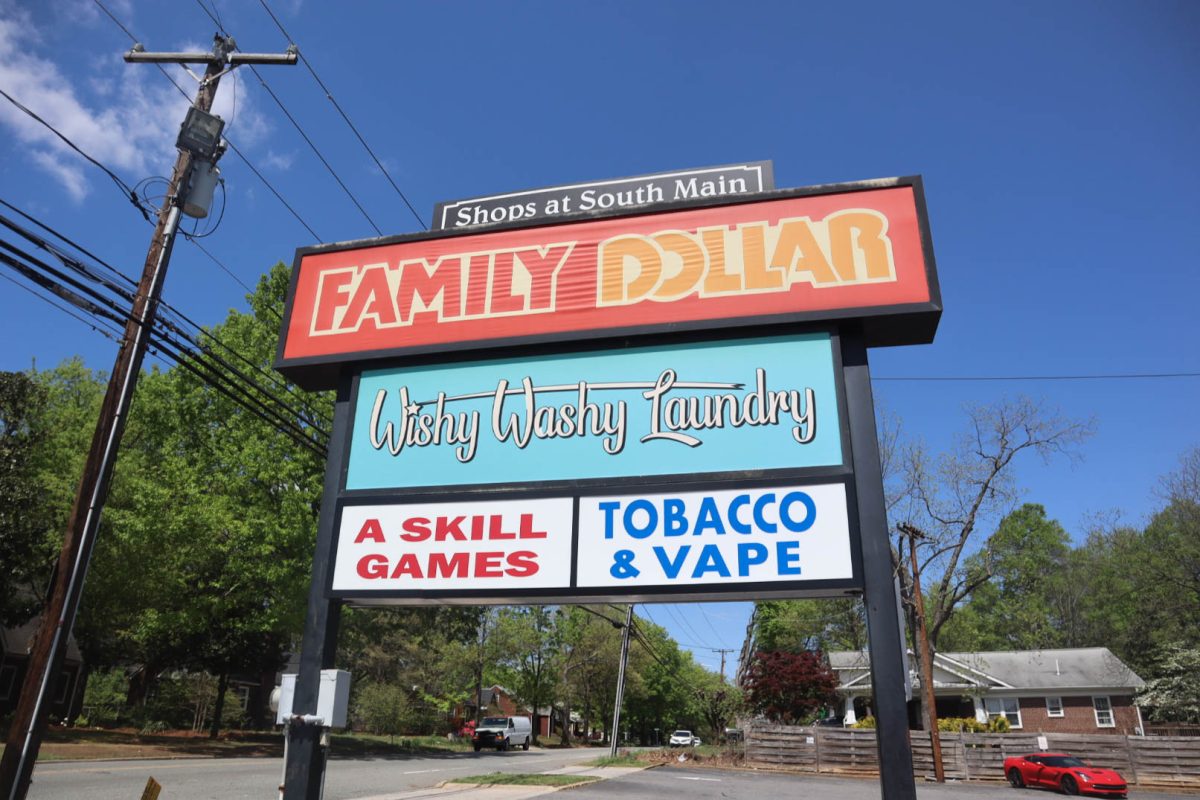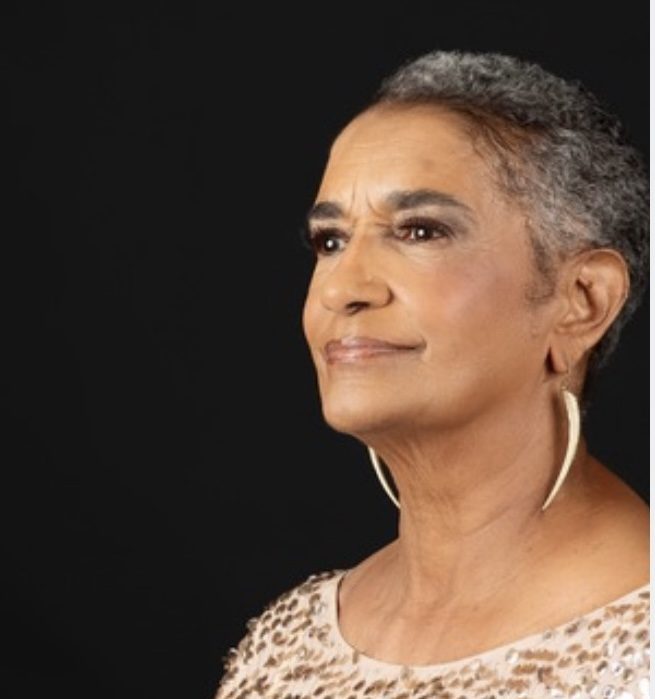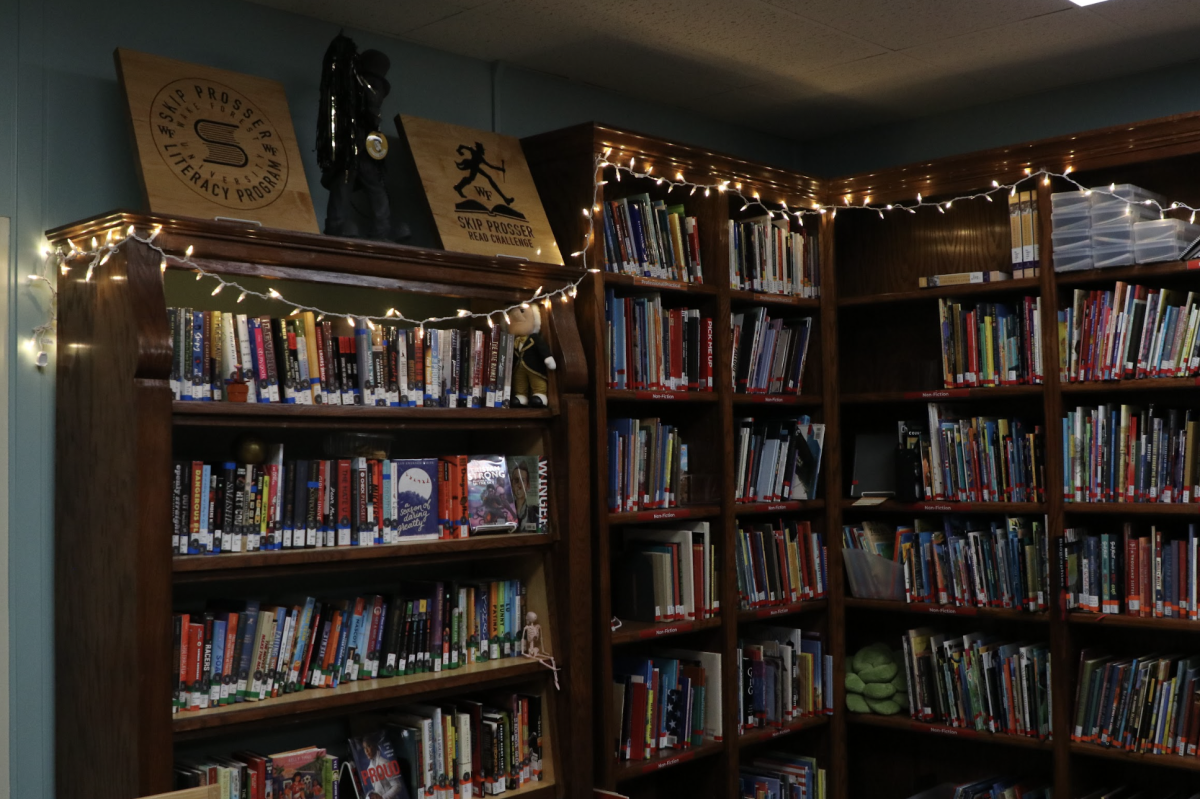At the center of Carswell Hall, atop numerous silver cup trophies sits a plaque with the words of Wake Forest alumnus Ed Wilson: “Long before we played football, edited publications, acted or sang — in fact, almost before we studied, we of Wake Forest talked.”
The oldest organization on campus, Wake Debate is an essential aspect of the university’s history and legacy. Yet despite its continued success, it’s mostly confined within Carswell Hall, receiving half of the praise it once did.
The Wake Forest Debate team spends around 25-40 hours a week conducting extensive research, practicing speech drills and building strong arguments.
“Some people know we did great last year, but besides that, not a lot of people know how competitive this is and how much work it takes,” sophomore Alex Mojica said.
During the prime years of Wake Debate, the team was comparable to any important athletic team on campus.
“When the Wake Forest team won one of the year’s two or three intercollegiate matches, the student body would be as elated as today’s college would be over a football or basketball championship,” Dr. Henry B. Jones said in a 1955 edition of the Old Gold & Black.
Some people on the team have made the squad room in Carswell their second home.
“It is one of the most challenging games a person can play. It’s tough to find anything else that has the highs and lows of intercollegiate debate,” Director of Debate Dr. Jarrod Atchison said in the mini documentary, “Breathing Fire.”
“Breathing Fire,” features the 2017-18 debate team and tells the story of Wake Forest Debate through an interactive video and essay format. It was published on the Wake Forest University website as a spotlight feature to raise the program’s visibility.
In a perfect world, the debate team would receive campus-wide recognition.
“I don’t think we’re in the public view, and this is, in a way, a bit challenging because everything you do has to be self-driven,” Mojica said. “There’s no one really on campus [that’s] expecting results — no Barstool account criticizing your losses.”
For many, the world of debate is a hidden gem on campus. For student debaters, it’s a central part of their college experience with years in the making.
Student debaters had various institutions to choose from before betting on Wake Forest, but it was the unique culture that set this program apart. Atchison was mentioned regularly as a key component in the recruiting process.
“Jarrod is a great salesperson. He says he has a great product to advertise, and that’s also very true,” Mojica said. “I remember one of his big talking points was that Wake has had a strong debate community for 150 years.”
Freshman Destiny Hale also expressed her appreciation for Wake Forest’s recruitment approach. After speaking with coaches from top institutions like Vanderbilt and Dartmouth and spending a day with the University of Florida debate team, Wake Forest still stood as her top choice.
“Wake [Forest] was the best at being communicative and open. Other recruiters want to act like they’re trying to date you,” Hale said. “They would be unclear about how much they’re willing to give or how interested they are in you as a debater.”
The fact that they were less forceful made Hale realize how confident Wake Forest was in its program.
This sense of community, pride and the values that have been passed down for centuries are largely credited to those who run the program. Although debaters might be generally overlooked, the school offers student debaters a valuable platform for them to excel.
“Coaches are very dedicated to maintaining this legacy,” Hale said. “There’s a lot of emphasis on team pride and how it shows itself to outsiders — not just in debating but in things surrounding it. It’s something that fits in with broader Wake Forest views like Pro Humanitate.”
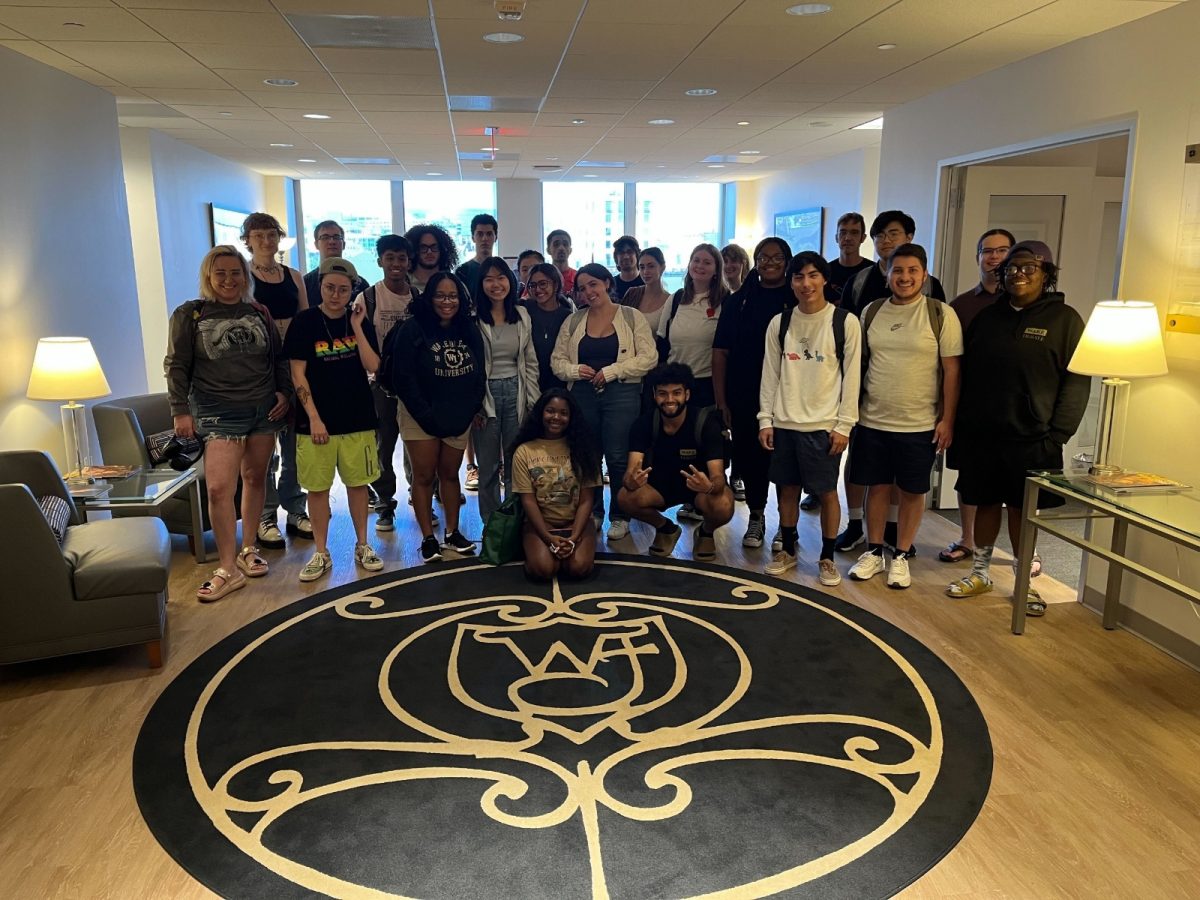
Understanding the far-reaching values of Wake Debate makes it viable for the debate team to make a long-lasting impact, and the program’s reigning success proves just that.
There’s also a deep sense of connection when the opportunity arises to interact with Wake Forest alumni who were part of the debate program.
“It’s an authentic type of networking because they recognize the commitment and understand what it takes to succeed,” senior Dimarvin Puerto said. “I won’t say blood, sweat and tears, but you know — talking, spit and a messed-up voice.”
Having these values in mind plays an essential role in building a prosperous team.
“We need to find intellectually curious debaters,” Atchison said in “Breathing Fire.”
All the students interviewed mentioned the strength the team has in integrating non-traditional and traditional recruits.
“I come from a super underfunded [high] school, and even though I made it to nationals, I wasn’t very experienced,” Hale said. “While other teams are good at taking talented debaters and allowing them to continue to be good, Wake is more open to taking someone new and helping them come out on top.”
According to Mojica, everyone on the team wasn’t necessarily the best in high school, but all of them expressed a profound interest in debate.
Outside the squad room, debate instills in students precious habits applicable in their day-to-day lives. For Puerto, the sheer sense of competitiveness in and out of debate is a natural driving force that he carries everywhere he goes.
In “Breathing Fire,” Head Debate Coach Justin Green explained what debate meant to its members.
“When students are done with debate … the rest of the world literally operates in slow motion,” he said.

